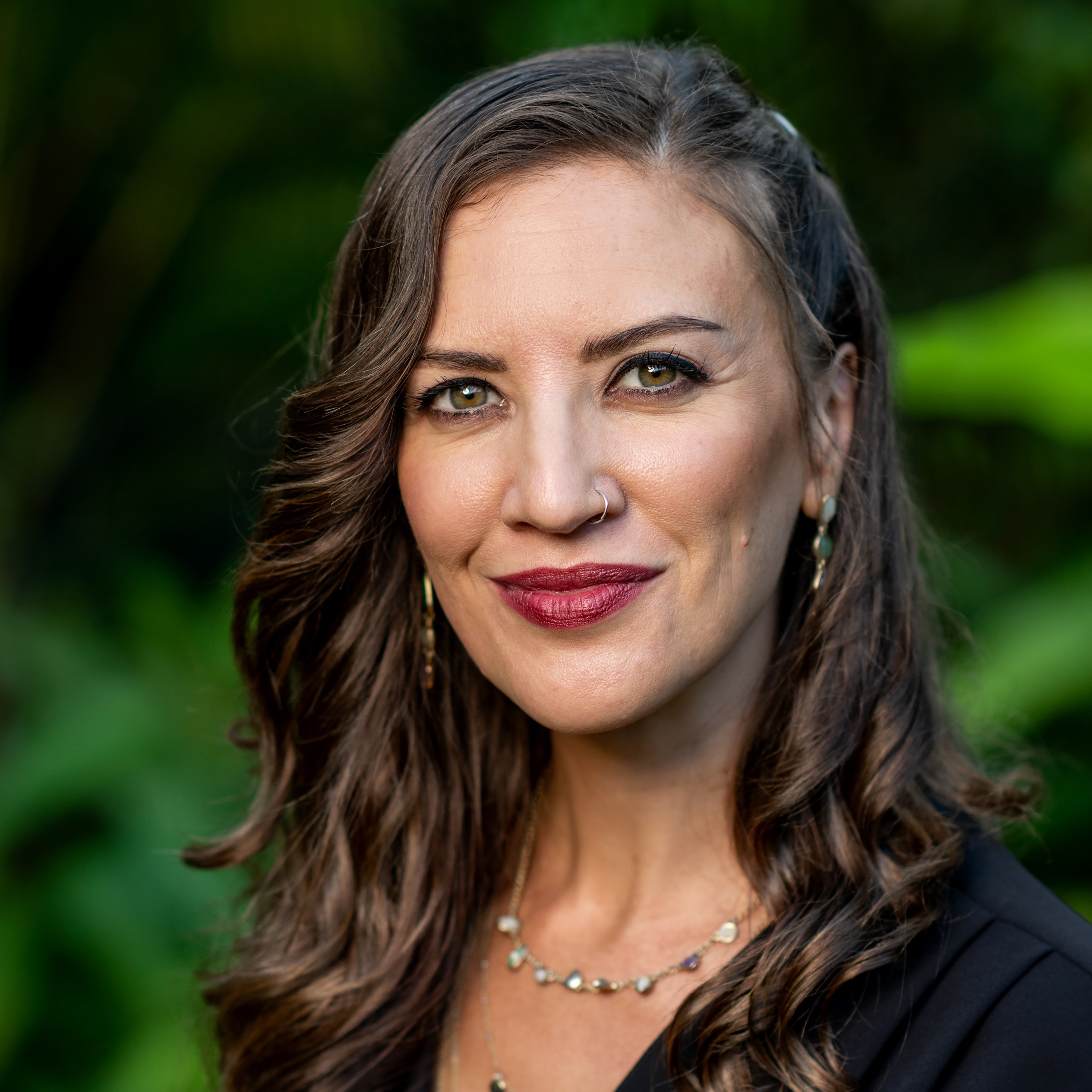Let me start with a question.
Who’s the best manager or teacher you’ve ever had?
Mine was Mrs. Brooksby, my honors English teacher in 10th grade. Our assignment was to write a paper comparing Walt Whitman with Emily Dickinson. At the time, it was important to me to be contrary. To go against the norm. I was working through a difficult situation at home and expressing it through any kind of rebellion I could find at school. English was the only class that I found interesting enough to at least do the assignments – even if I rarely did them the way I was supposed to. For this particular assignment, I decided to write it as if I had a personal vendetta against Emily Dickinson. I raged about her writing – why it was weak and transparent and claimed to be vulnerable when it wasn’t. I compared her to Whitman’s brilliance and had nothing but praise for him. It was an inaccurate analysis. It missed so much of the depth of both writers. But Mrs. Brooksby loved it. She said one of her greatest hopes as a teacher was that students would find the courage in her classes to write from a place of wildness. “A place of wildness”! I loved how I looked in her eyes. I believed – and never stopped believing from that moment on – that I had something to say. I doubt she saw herself as anything more than a teacher, but she was a leader, an influencer. Her whole heart was focused on helping others believe in their own becoming.
You, as a social impact professional, have the same opportunity and power Mrs. Brooksby did – to empower others to believe in and live into their full potential. Cultivating that power is key to building a sustainable, scalable social impact program – one full of empowered leaders equipped to execute your mission. If you’re used to being a “doer”, it may be difficult to hone into that “influencer” part of your identity, and that’s okay. We’re here to help you shift.
I want to challenge you to practice thinking of yourself as building and leading a small company within your company. Your social impact program is that company. Start organizing everything you do under one comprehensive strategic framework – from programs, to supporters, to people, to all of the elements that contribute to achieving your objectives. We know this is easier said than done, so be sure to check out Realized Worth’s new online portal (available October 2022) with all the tools you need get the job done and become the best at what you do (learn more here).
The hardest part about this will be elevating your view of yourself. You’ll have to change your mindset (something we dived into on this RealTalk webinar). You’ll have to start imagining a future where people recognize you for the amazing team of volunteer leaders you’ve built (and ideally, the amazing internal staff team you’ve built, too!) rather than the amount of work you get done or even the participation in your programs.
This all starts with understanding and embracing what it means to be an effective leader.
Great leaders focus on identifying, deputizing, and equipping the right people. They provide tools, training, encouragement, and guidance. They see when their people need to be pushed beyond what they believe they’re capable of and they see when people simply need someone to come beside them and help carry the load. They cast a vision for the future and help people see where they fit in that future. They also help people move on or change roles when they they’re burnt out or it’s clear that a different situation would be a better fit.
You are a leader and your role within your company is to build a program within a strategic framework that makes others great. When it comes to social impact programs, we cannot over-emphasize the importance of filling your program with the right people. Think of those people as the team of employees you’re building within a small business – your volunteer leaders. In social impact, this requires another major mindset shift. The word “volunteer” implies “helper.” “Helper” implies “take what you can get.” “Don’t look a gift horse in the mouth.” But we already know these programs are not just about helping. If the impact of your program really matters, make sure your volunteer leaders are the right people. And create space for those who aren’t ready to lead! You don’t have to cut anyone out, you just need a simple governance structure that identifies, organizes, and equips people to contribute at their highest level. It will feel hard, but the payoff will be quick! (Our Journey of the Volunteer guide will help you recognize what stage your volunteers are at and what they need to progress along their journey).
Your job is not to get a bunch of people participating in a bunch of events or programs. Your job is to build a network of people and to lead them. They will become the future leaders of your company, other companies, our society.
Here’s the challenge: Stop doing. Start multiplying.
Great leaders focus on multiplying the talents and intelligence of others. This is called an Empowered Leadership Model. Think about how it works in an effective team of employees. When managers empower their team members – when they delegate appropriately and clarify expectations, the team members understand that they’re needed, that their contribution matters. They can focus on executing their role with autonomy and trust. In that arrangement, managers – you – are able to focus on higher-level tasks and strategy while team members grow, improve and advance to higher levels of contribution. This ongoing cycle allows everyone to be met where they are while the company – and in your case, the program – grows in a scalable way.
The opposite of “empowered teams” is what Jim Collins refers to as a Genius with a Thousand Helpers in which the leader sees themselves as the only person capable of doing the job right. Unfortunately, a lot of social impact programs function this way. The CSR practitioner asks for “help” rather than empowering the right people with “sharable knowledge and actionable understanding.”
We don’t have time for singular geniuses in social impact.
If the outcomes and impacts of the program really matter – if we are really in this to do something that makes the world a better place – we need to find the right people, deputize them, and empower them to lead.
Every volunteer leader has the opportunity to become objectively great at what they do and how they lead. When they volunteer with your company, they are going to tell stories about what they learned and who they’re becoming because of your leadership. Yes, they’ll talk about volunteering and community impact, and they’ll talk about how much it matters to be given this opportunity within the context of the company.
So, stop doing and start multiplying. It’s a big ask, so start with a few small things. Not sure how to start, re-organize, or fix your network of volunteer leaders? We’ve got tools for that! Give us a call or submit your info here to learn more about RW’s new online portal, Social REV, coming October 2022. We’ll equip you and your team with ready-to-use tools, templates, one-pagers, research, videos, training and so much more. It’s all created and curated by Realized Worth, so you can be sure everything is rooted in 15 years of experience, research, and best practice in the field. We’re out to elevate you, your team, and your social impact programs!






